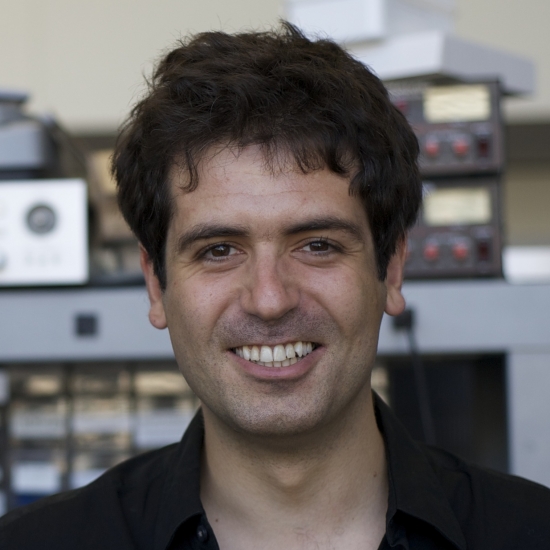MIDAS Seminar
The Potential of On-Demand Mobility: Lessons from System Analysis and Data Visualization

The 21st century has witnessed a boom in on-demand mobility (MoD). Widely perceived as emerging modes of efficient sustainable transport, MoD systems utilize shared vehicles, parking spaces, and information technology, allowing citizens to move from point to point on demand, while cities to reclaim back urban land. Yet, the average shared vehicle remains idle nearly as much as a private one, while rebalancing costs, traffic, carbon emissions, and land occupation, often exceed those induced from private ownership. In this talk, by analyzing trip patterns "“both synthetic and from data collected from bike sharing systems"“ and their effects in mass allocation dynamics, I show that land use patterns and basic operational decisions, may define performance limits for MoD systems that technology cannot overcome. First, I reveal similarities in movement patterns across MoD systems that allow their comparative analysis by compartment models. Next, I present a system dynamics model that demonstrates how sizing and rebalancing decisions affect ridership, cost, emissions, and traffic, using Boston as an example. Finally, I generalize with a Land Use Transport Interaction (LUTI) macromodel, that demonstrates how urban form and land use patterns affect ridership and cost of mobility. Findings suggest that, based on the relative technology-to-land cost ratio, there might be cities in which, no MoD system can ever constitute a viable way of commuting.
Dimitris Papanikolaou (DDes) is an urban scientist, architect, and engineer, and a postdoctoral researcher at Harvard Graduate School of Design. He holds a Doctor of Design in urban studies from Harvard GSD, an MSc in Media Arts and Sciences from MIT Media Lab, an MSc in Design and Computation from MIT SAP, and a Diploma in Architectural Engineering from NTUA. His research combines data, complex systems modeling, and information technology, to analyze and design, systems and technologies for intelligent urban infrastructure and mobility systems. As an intern at Microsoft Research (Computational User Experiences group) he developed applications of the Internet of Things for domestic environments. While at the MIT Media Lab (Smart Cities group), he developed an incentive-based operation model for Mobility on Demand, an intelligent sharing system of electric foldable cars with minimal parking footprint named by TIME magazine as the best automotive invention of 2007. His research has been published in 15 peer-reviewed conferences and 7 books and journals, and has received distinctions including the Buckminster Fuller Challenge award; the Harvard Deans' Design Challenge Urban Life 2030 award; the MIT Transportation Showcase award in Economics, Finance, Policy and Land Use; the Harvard Fellowship on Energy and Environment; the Harvard Meyer Transportation Research award; and a Fulbright Fellowship for graduate studies at MIT.
 MENU
MENU 
